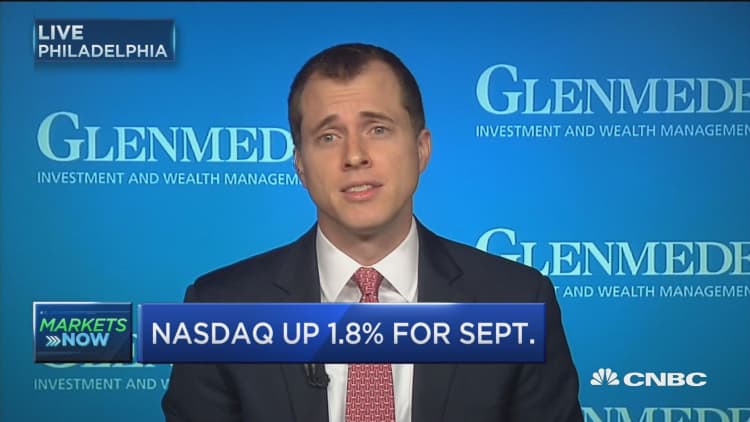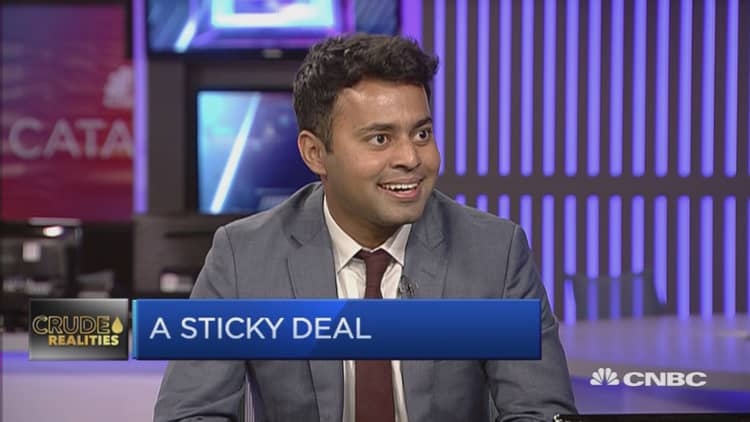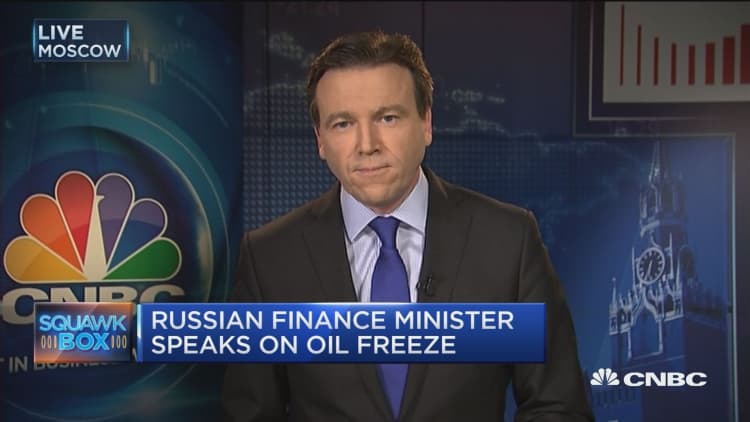
Oil prices rallied nearly 4 percent at their peak on Monday as the world's largest producers gathered in Algeria to discuss ways to support the market, with nervous trade driving volatility to its highest since exporters met in April.
Skepticism about any deal being reached has prompted money managers to cut their bullish bets to a one-month low last week, when prices fell by nearly 5 percent, dented by signs Saudi Arabia and Iran were making little progress in achieving a preliminary agreement to freeze production.
Members of the Organization of the Petroleum Exporting Countries are meeting informally on the sidelines of the International Energy Forum in Algeria from Sept. 26-28, where they will discuss a possible deal to limit output.
Iran, which is still ramping up production to where it was in 2012, before the imposition of Western sanctions that lifted in January, downplayed the chances of a deal, although several other members of the group said they still hoped there would be some agreement on how to tackle a global surplus of crude oil.

Brent crude futures rose $1.25, or 2.72 percent, to $47.14 a barrel by 2:38 p.m. ET, having rallied from a session low of $45.74, while U.S. crude prices rose $1.26, or 2.83 percent, to $45.74 a barrel.
Implied volatility, one gauge of how much the oil price moves, rose to its highest since April 18, when a meeting in Doha among OPEC members to discuss an output freeze ended in an impasse and the price hit a low just above $40 a barrel.
Unplanned outages across OPEC countries still amount to around 2 million barrels per day, according to SEB commodities strategist Bjarne Schieldrop, which will make it difficult for members that are pumping close to capacity to make way for the potential return of that shuttered output.
"They will come away with nothing, because it is too difficult. How can they decide a freeze when Libya is on the doorstep of returning production, or Nigeria for that matter?" Schieldrop said.
Data from the U.S. Commodity Futures Trading Commission on Friday showed hedge fund managers cut their net long position in crude oil to its lowest in a month, having made the largest weekly addition to their short positions on record.

Sources told Reuters on Friday that Saudi Arabia did not expect a decision to be made in Algeria, while Saudi Arabia had offered to reduce production if Iran caps its own output this year, an offer to which Tehran had yet to respond.
"The fact countries like Algeria are still talking about a deal means it's still on the table regardless of others' views about what might be happening," said Jonathan Barratt, chief investment officer at Sydney's Ayers Alliance.
"I expect Algeria and Venezuela to keep pushing for a deal — it's imperative for them to keep the price up," Barratt said.

